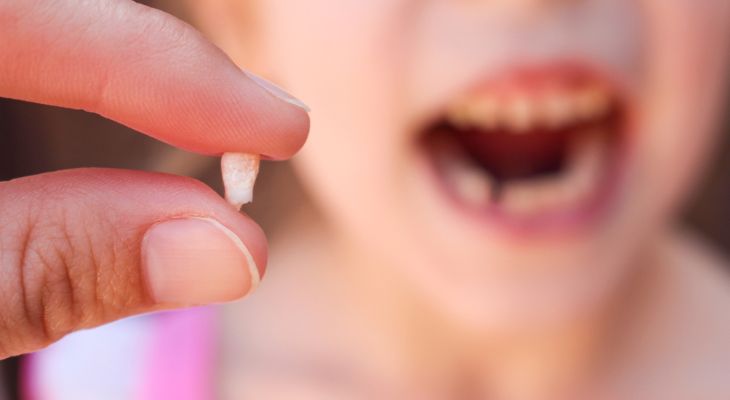
Root Canal Treatment For Deciduous Teeth
Why does my child's deciduous tooth need root canal treatment?
Answer: Deciduous teeth are important placeholders for permanent teeth. When decay or infection reaches the nerve (pulp) of a baby tooth, it can cause pain, abscess, or even premature loss. RCT removes the infected pulp, saves the tooth, and prevents complications that could affect the development of adult teeth.
Isn't it okay to just let the baby tooth fall out on its own?
Answer: While deciduous teeth eventually fall out, leaving an infected tooth untreated can lead to pain, infection spreading to other teeth, and potential damage to permanent teeth developing below. RCT preserves the tooth until it naturally falls out, supporting proper chewing, speech development, and alignment of adult teeth.
Will my child need additional treatments after root canal therapy?
Answer: After RCT, your child's tooth may need a crown to protect it, especially if a significant portion of the tooth's structure has been affected. Your dentist will discuss the need for any additional treatments based on the specific condition of the tooth.
How long does root canal-treated deciduous teeth last?
Answer: With proper care, a baby tooth that has undergone RCT can last until it naturally falls out, which is crucial for maintaining proper oral function and space for permanent teeth
Will having root canal treatment (RCT) in deciduous teeth harm my child's permanent teeth?
Answer: No, root canal treatment (RCT) in deciduous (baby) teeth does not harm the permanent teeth of your child. In fact, RCT in baby teeth helps preserve the space and alignment needed for the eruption of permanent teeth. It prevents infection from spreading and impacting the development of the underlying adult teeth. Pediatric dentists carefully perform RCT to ensure minimal impact on the surrounding teeth and support the healthy growth of your child's permanent dentition.


Book An Appointment